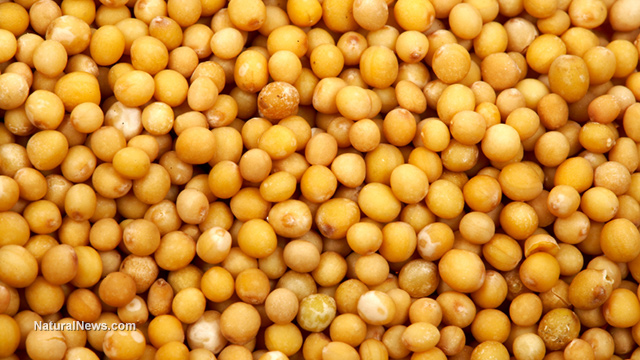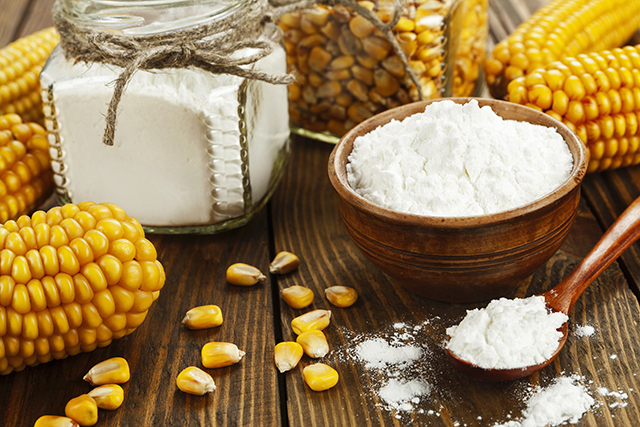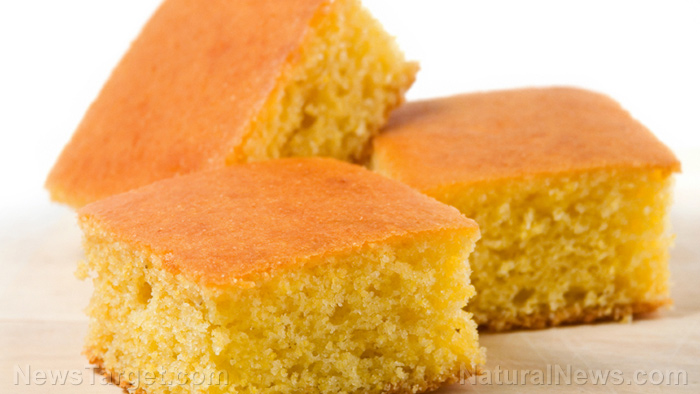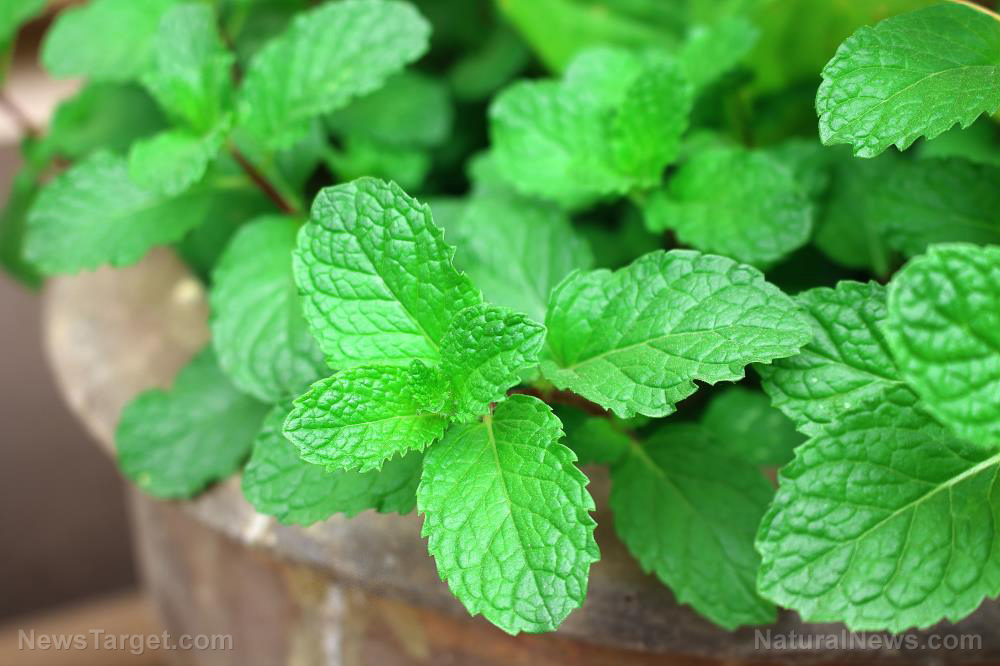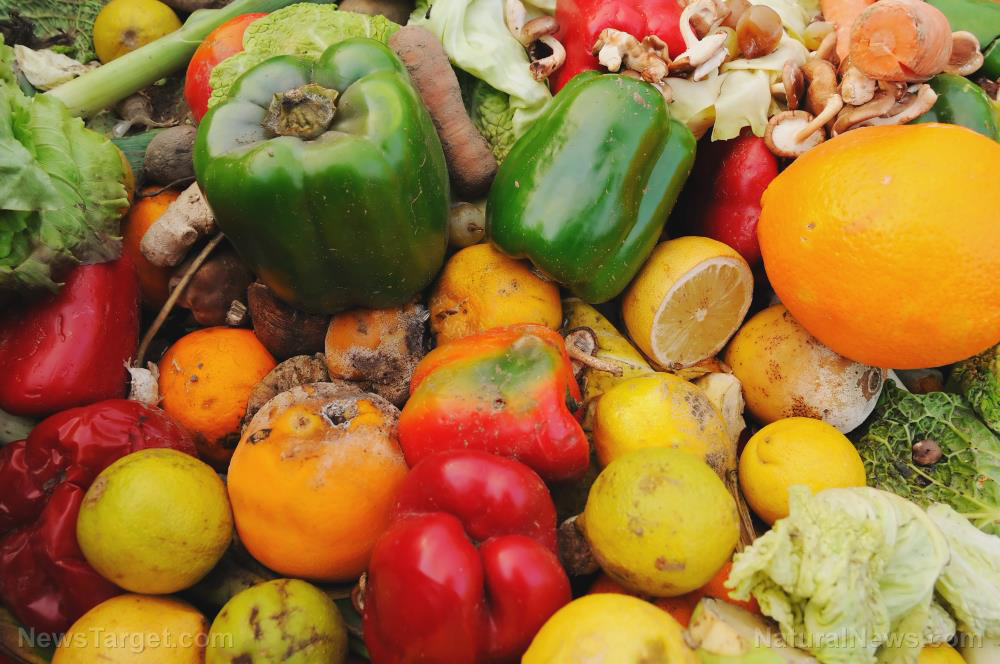Top 10 homemade natural herbicides to tackle the weeds in your garden
04/07/2017 / By Amy Goodrich
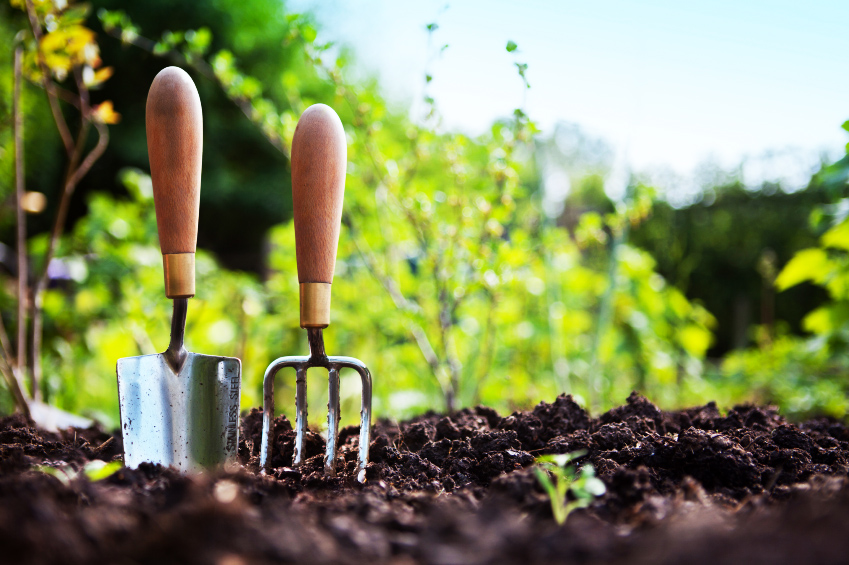
In today’s atmosphere of increasing health and environmental awareness, more and more people are turning their back on chemical herbicides. One of the most popular herbicides used today, Monsanto’s Roundup Ready, has been sprayed in gardens, parks, playgrounds, and farmlands for many years. As the debate surrounding the safety of this highly controversial glyphosate-containing herbicide heats up, people are seeking safer and less toxic ways to rid their garden or driveway of unwanted weeds.
Unlike commercial, cancer-causing weed killers, these DIY herbicides will not contaminate your vegetable garden, soil, or groundwater, and they will not harm the wildlife, beneficial pollinators, people, or the ecosystem of your garden. (RELATED: Stay informed about the harmful effects of pesticides at Pesticides.news.)
10 DIY alternatives to Roundup Ready
While it might take a little longer to kill the weeds, all the options mentioned below are effective, cheap, and safe for your family, pets, and the environment. The best way to get rid of weeds is to pull them out by hand, making sure you also dig up the roots. This, however, is very labor-intensive and might take up too much time. Here are ten quicker ways to effectively get rid of garden weeds.
1. Boiling water
One of the easiest ways to get rid of weeds is pouring boiling water over them. Though effective, this method may take a while and will need to be repeated several times a day for the tougher weeds in your yard.
2. Vinegar
Any vinegar will do the trick. You can use it diluted or undiluted, depending on the weed you are trying to kill. Start with a 50 percent dilution and increase or decrease the concentration according to the result.
3. Salt
While it is not recommended to use salt in your vegetable garden or flower beds, as it makes the soil unsuitable for future plant growth, it can do an excellent job on pavement areas or gravel paths. You can use dry salt or mix it with boiling water to enhance the effect.
4. Bleach
Just as salt, bleach can be used diluted or undiluted in areas that have no plants. For a better effect, Healthy and Natural World recommends applying bleach during the hottest part of the day.
5. Baking soda
Sprinkle a decent amount of baking soda over the weeds growing in driveways and sidewalks. Hose them down and repeat several times throughout the day. This remedy is most effective when applied to young weeds.
6. Rubbing alcohol
Add a few tablespoons of rubbing alcohol and water to a spray bottle and spray onto the leaves. The mixture will suck the moisture out of the leaves, thus killing the weeds.
7. Corn gluten meal
This natural herbicide can be found at most garden centers. While this substance does an excellent job at killing weeds before they grow to their full size, there is one caveat to this method. To achieve good results at least 20 pounds of corn gluten meal needs to be applied per 1,000 square feet.
8. Newspaper
While it might not add to the looks of your garden, using several layers of newspaper is an excellent way to get rid of low growing weeds. Due to the lack of sunlight old weeds will die and the growth of new plants is prevented. To improve garden aesthetics, cover the newspapers with a layer of mulch.
9. Ground cover plants
Ground cover plants are an excellent way to keep garden weeds at bay. They compete with the weeds for space, nutrients, and sunlight.
10. Eat them
Also, before you start your extermination round, do some research, many weeds — such as stinging nettles or dandelions — pose strong medicinal properties and are edible. So you might want to change your mind about getting rid of these pesky garden weeds.
Sources:
Tagged Under: DIY, eco-friendly, herbicides, homemade herbicides, Monsanto, Roundup Ready, weed killers


